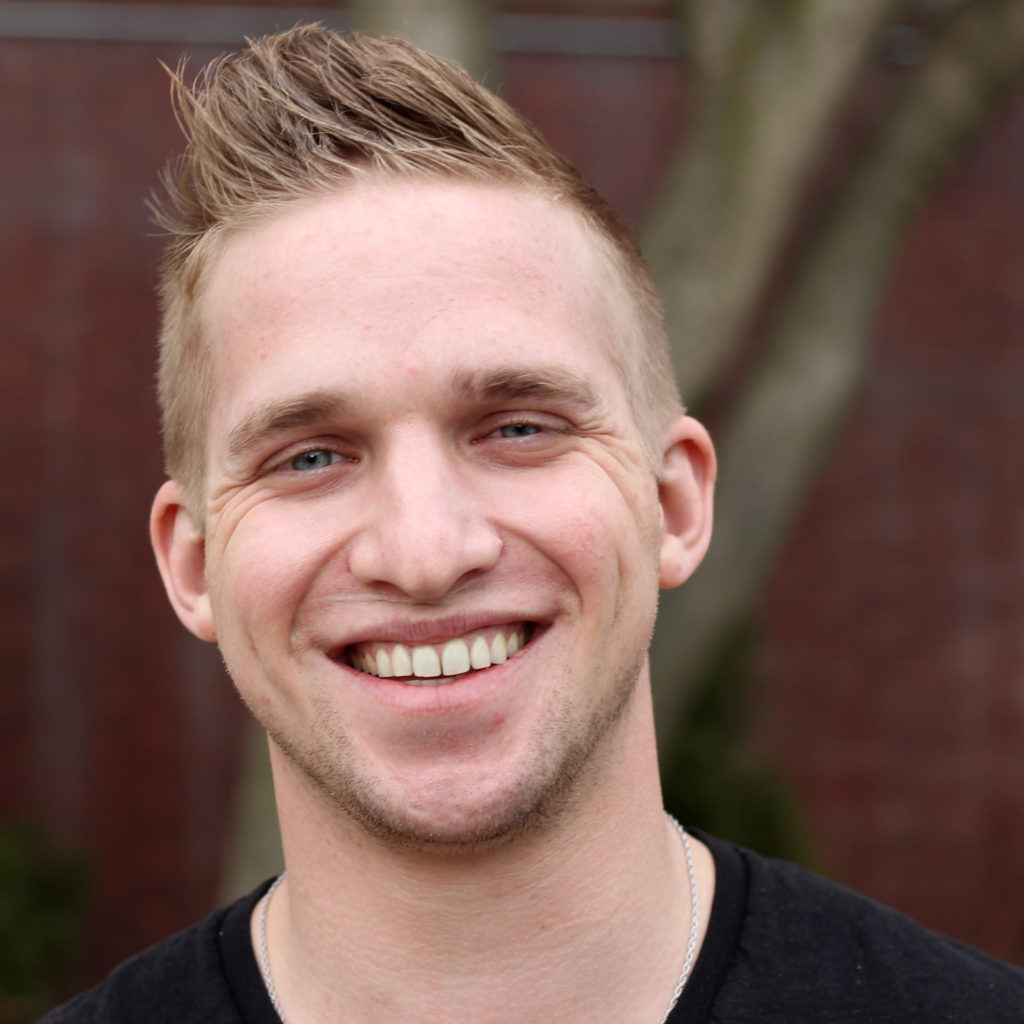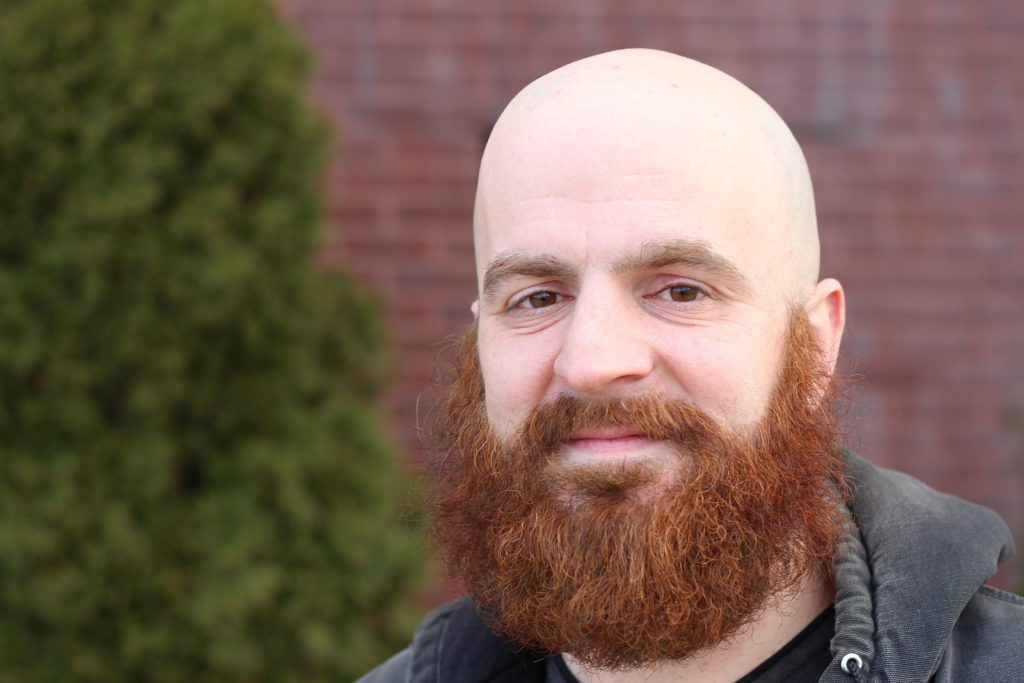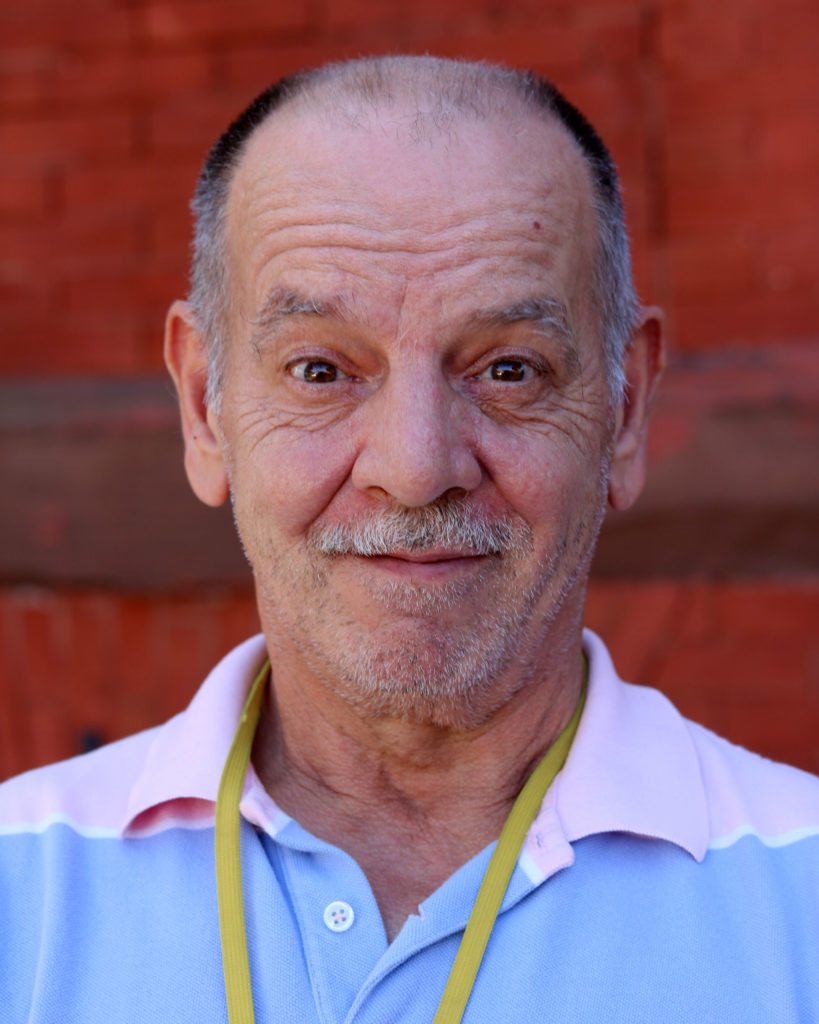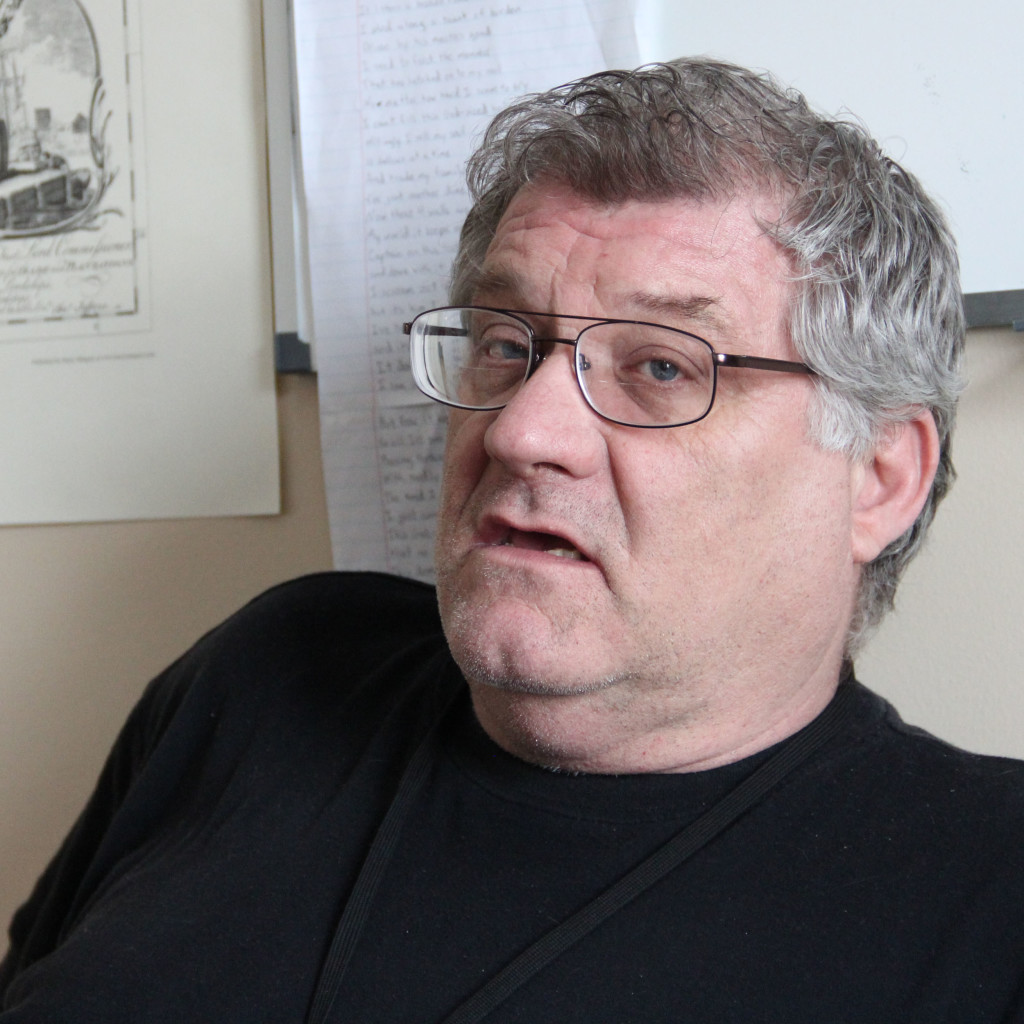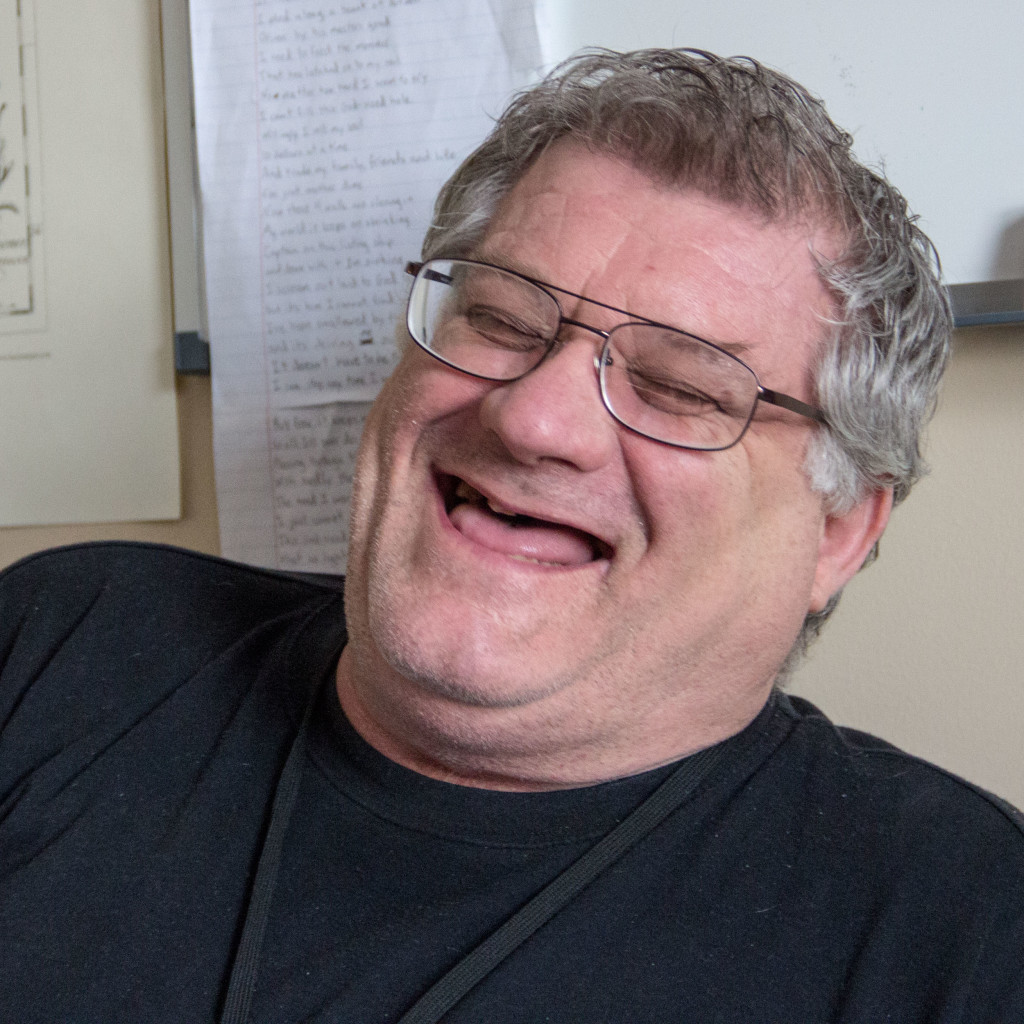Keith, 55, was born and raised in Baltimore, Maryland. From an early age he was recognized for being gifted in the Arts. Being a talented dancer and singer helped Keith rise quickly in the theatre world, yet his self-doubt and eagerness to be accepted led him down a dark path. This is a story about redemption.
Keith attended the Baltimore School for the Arts as a voice major and then switched over to dance and got courted by the Dance Theatre of Harlem. He received a full scholarship and moved to New York to pursue ballet. People immediately took notice of his talent and intended to make him into a star.
“It was a really interesting time because once I got to New York, it was like, okay… I’m here… I had a year and a half of training as a ballet dancer, which is not a lot and I’m in a school with all of these people who were hungry for something that I knew nothing about, and it wasn’t one of those things that I was hungry for. But it was something that somebody wanted me to do and I found myself doing that a lot in my life. They saw what I didn’t see.
My mother was always very supportive of me, but I always had some insecurity. I was always a soft kid, being bullied. Overcoming this was difficult, and his own father didn’t help. I remember one time my dad said to me “you’ll never be like your brother.”
That really stuck and manifested into “I’ll never be as good as this person. I’ll never be a good dancer. We carry these insecurities with us throughout our lives. I remember one time as a kid asking my mother, “Why don’t people like me?” and she said, “Everybody’s not going to like you.” I always wanted to be accepted.
I performed in a production of Sophisticated Ladies with Maurice Hines, which was such an adrenaline rush, and I started drinking a lot. I started disconnecting from my friends in New York, because everybody’s working and I was not. Looking back I realize that I was just creating this idea in my head. So then I started making new friends. Once they see that I’m cool we’ll be friends. I started buying drinks for all of my new friends. And then I started buying other things.
I knew these people didn’t really like me. They just liked my money. I was going to have a great time getting high with these people or getting high,period, not with these people. Finally, one time when I was sitting on the floor with a crack pipe in my hand, I looked down at myself and thought,what are you doing? So I called my sister-in-law. She’s a very strong believer, and she said, “I knew that you were going to call.” She took me to church.
I just felt something every time that I went to church. It was like I was crying out. The Pastor suddenly said, “There’s one person that I have to pray for,” so he pointed me out and he told me that they’ve been waiting for me for a long time.
Shortly thereafter, I came to the Helping Up Mission. I started going to the classes, writing, reading, Praying, meditating, and getting stuff out that wasn’t good for me.
These were blessings, gifts, I was given so many things that took me places that I’d never go. That part of my life is over, and I thank You, God, for giving me an opportunity to do all the things that You allowed me to do. I changed paths and got my CDL license.
And then something strong came over me and I started giving myself ballet classes, four or five days a week. I realized, He’s preparing me for something.
Soon people were asking me to come and teach master classes ballet classes. So I’m thinking, God, what is this that You want me to? I prayed on it and the following day I got a call from a woman who has as a conservatory. She made me an offer that I could not refuse. I cried because I knew I had nothing to do with it. I knew that was God working in my life. You know that this is a gift that I was given. I love the beauty of it.
I teach kids and they come with insecurities, and I totally understand that because I had my insecurities. Having the opportunity to see the same kids six days a week and to watch them grow… I love doing it.
In the dance world Keith felt like an outsider. This past year he has learned what acceptance feels like. It’s just talking to God of acceptance and a welcome of Grace.
I ask for His guidance.
At HUM, I’m fed every day and my blessings are just crazy. It’s crazy. Thank you guys. My compassion for those hurting is stronger, keep a watchful eye on them. I just pray that people can feel good, because we don’t have that long on this Earth. We have so much to be grateful for. That’s something that I hope for, and especially for the guys here. They’re always a part of my prayers. There’s a Holy Spirit that moves through this place. It’s all throughout this building, you know, and I just pray that we find what we need in order to move through life. We just have to get out of His way and let Him do His work.
